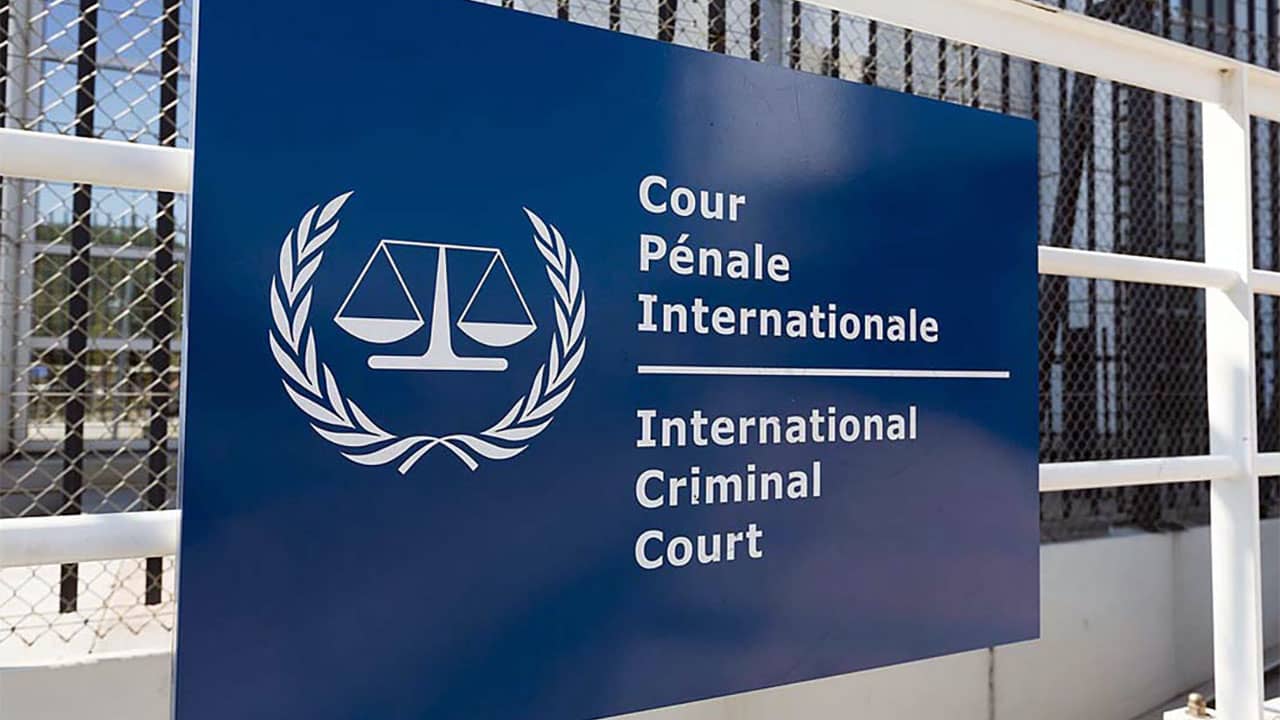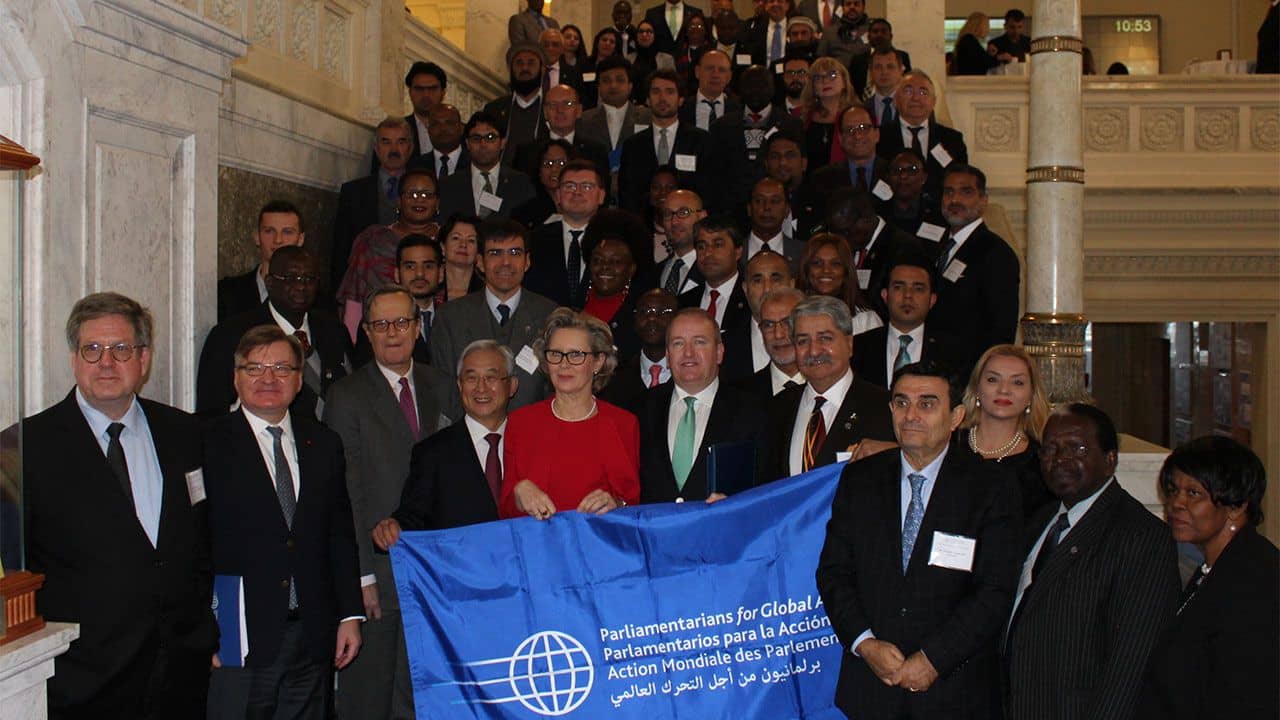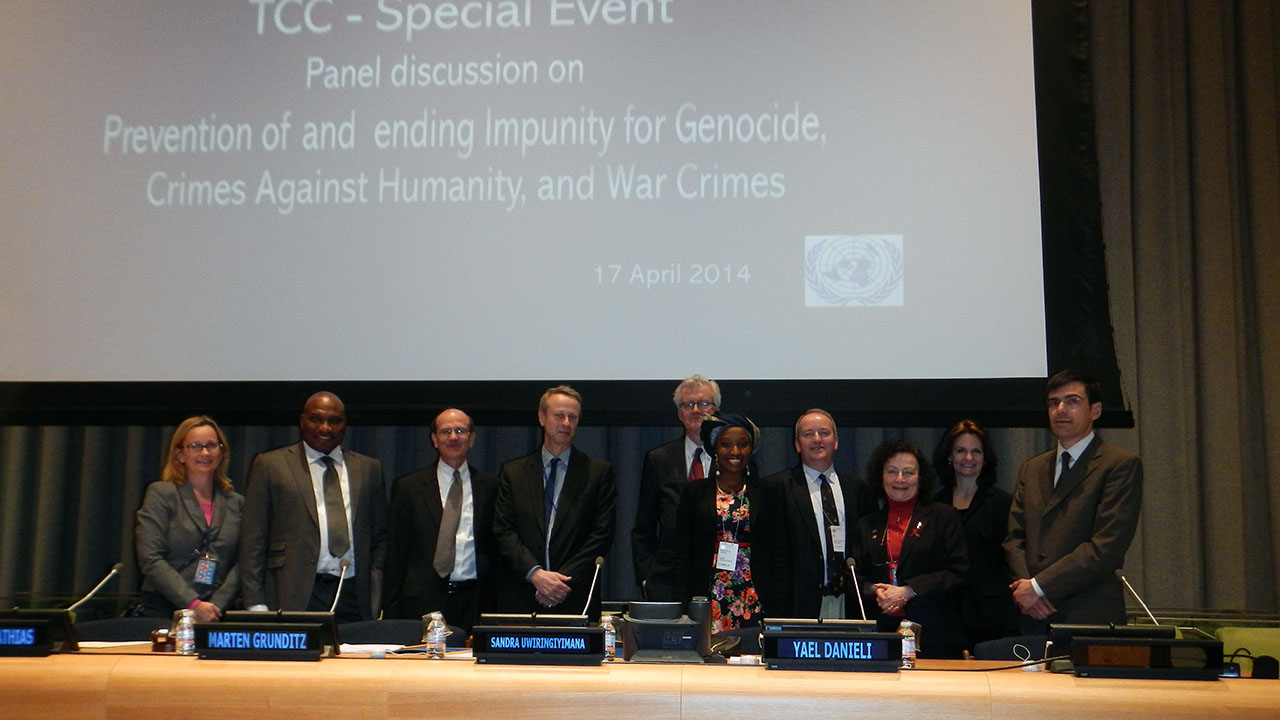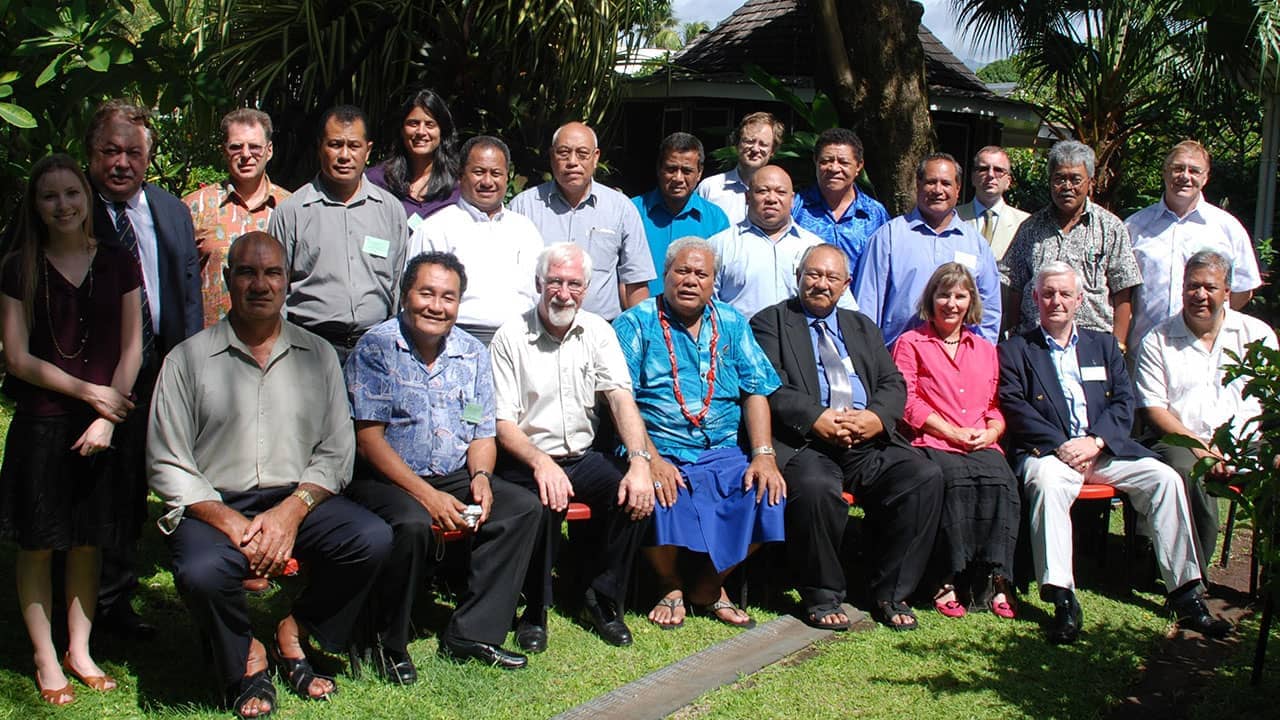| Signature, Ratification of/Accession to the Rome Statute of the ICC | |
|---|---|
| Signature Date: | 7 October 1998 |
| Ratification Date: | 28 June 2001 |
| Amendments to the Rome Statute | |
|---|---|
| Ratification of the Kampala Amendment to Article 8 of the Rome Statute on war crimes [poison and expanding bullets in NIAC] (2010): | Yes, accepted on 26 January 2022. |
| Ratification of the Kampala Amendment to the Rome Statute on the crime of aggression reflected in Article 8 bis (2010): | Yes, accepted on 26 January 2022. |
| Ratification of the Amendment to Article 124 of the Rome Statute (2015): | Yes, accepted on 26 January 2022. |
| Ratification of the Amendment to Article 8 of the Rome Statute on war crimes [biological weapons] (2017): | Yes, accepted on 26 January 2022. |
| Ratification of the Amendment to Article 8 of the Rome Statute on war crimes [blinding laser weapons] (2017): | No. |
| Ratification of the Amendment to Article 8 of the Rome Statute on war crimes [non-detectable fragments] (2017): | No. |
| Ratification of the Amendments to Article 8 of the Rome Statute on war crimes [starvation as a war crime in NIAC] (2019): | No. |
| Adoption of implementation legislation of the Rome Statute of the ICC | |
|---|---|
|
The Act on Criminal Responsibility for Genocide, Crimes Against Humanity, and War Crimes of 28 May 2014 (2014:406), domesticates the core Rome Statute crimes, except for the crime of aggression. There are a few underlying acts under crimes against humanity and war crimes not implemented under Swedish legislation. This Act also incorporates all the general principles of criminal law except for the “irrelevance of official capacity.” Cooperation with the ICC is provided for in the “Cooperation with the International Criminal Court Act (2002.329)” and the “Cooperation with the International Criminal Court Ordinance No. 2003.69.” |
|
| Cooperation Agreements | |
|---|---|
| Ratification of Agreement on Privileges and Immunities of the Court (APIC): | Yes, signed on 19 February 2004 and ratified on 13 January 2005. |
| Signature of Agreement of Enforcement Sentences with the ICC: | Yes, adopted on 26 April 2017 and entered into force on 26 April 2017. |
| Signature of Agreement of Interim and Final Release with the ICC: | No. |
| Signature of Bilateral Immunity Agreement with the USA: | No. |











